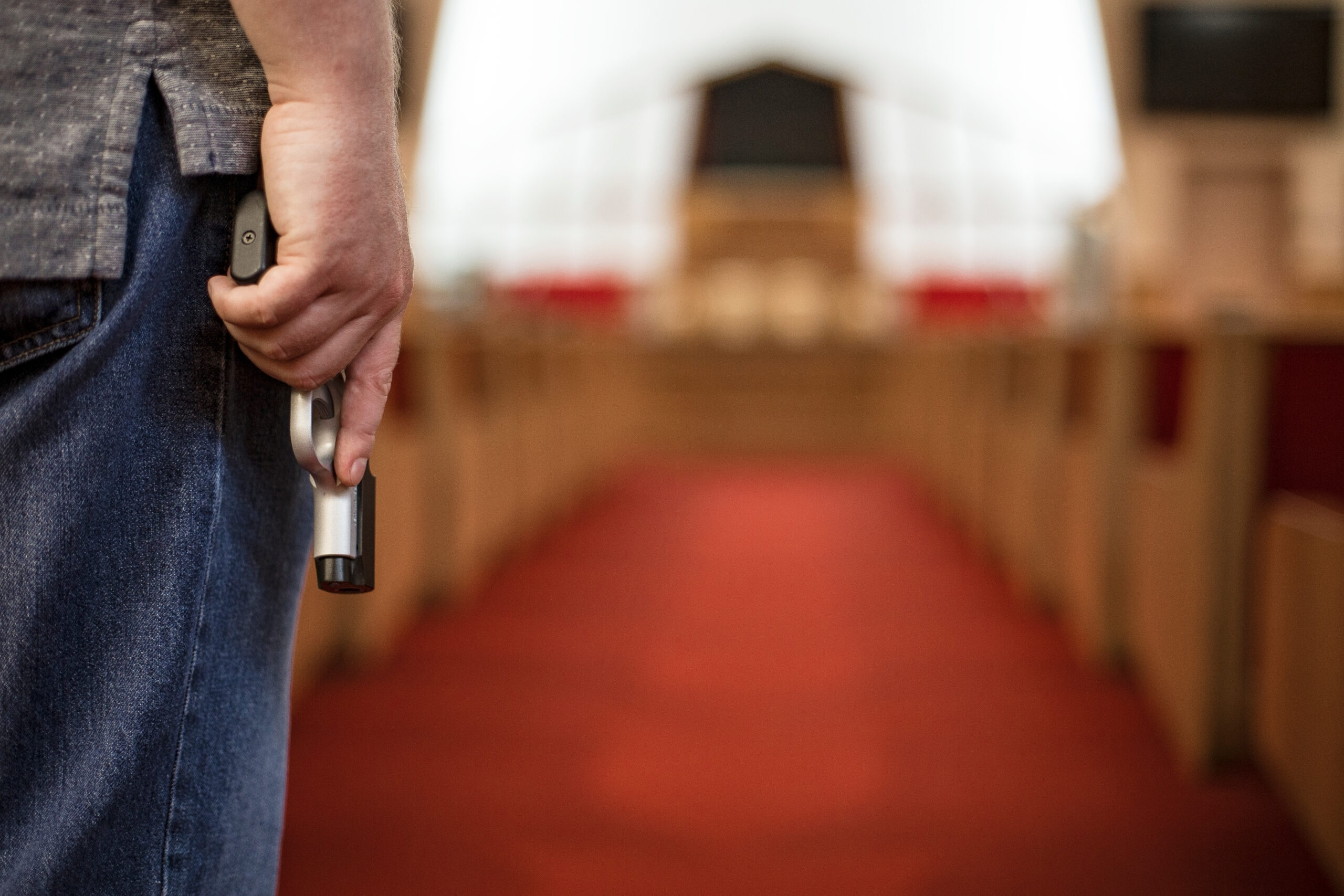COHEN vs TRUMP
Is the President of the United States able to imprison you?
Michael Cohen claims that the petition that was filed with the Supreme Court on Wednesday is put to the test in this way.
“The Constitution is the bedrock of our democratic republic and is what makes America the beacon of the world,” argues Cohen. In July 2020, Cohen—the contentious longtime attorney and fixer for former President Trump—claimed that he was ordered back to prison, shackled, and placed in solitary confinement by Trump and Justice Department officials as retaliation for publishing his first memoir, “Disloyal: A Memoir: The True Story of the Former Personal Attorney to President Donald J. Trump.” Cohen is asking the court to consider this claim.
According to the petition, “Presidents are not kings.” “This case exemplifies the idea that presidents and their deputies can imprison opponents of the executive branch without facing repercussions. That can’t be the legal system of the nation that the founding fathers believed they established when they rebelled against the monarchy.”

Judge Alvin K. Hellerstein of the U.S. Federal Court ruled in 2020 that the Trump administration’s decision to return Cohen to jail following his release to home confinement constituted a violation of his First Amendment rights.
At Cohen’s reimprisonment hearing, the court declared, “The purpose of transferring Mr. Cohen from furlough and home confinement to jail is retaliatory.”
“It’s retaliatory because of his desire to exercise his First Amendment rights to publish a book and to discuss anything about the book or anything else he wants on social media and with others.”
The Bureau of Prisons refuted the claim that Cohen was the target of retaliation, labeling it as “patently false.”
However according to Cohen’s attorney, the matter has far wider implications than just Cohen’s case; it also affects all American individuals’ legal safeguards against constitutional infractions by the executive branch. “This case raises a significant and novel question: what kind of relief would this nation offer to a citizen who was imprisoned for criticizing public servants? According to Jon-Michael Dougherty, Cohen’s lawyer, “Nobody, especially not the President, can use the prison system to silence their critics.”
There are currently no repercussions for public servants who imprison their detractors. That isn’t possible to be American. America can’t be the source. The rights of Americans are clearly in jeopardy. Many will opt to remain silent if speaking could result in a prison sentence.”
Based on a restricted interpretation of a Supreme Court decision known as “Bivens,” which gives citizens the limited legal ability to sue federal officials who violate their constitutional rights, two judges rejected Cohen’s original claim.
The 2nd U.S. Court of Appeals determined that Cohen’s release from prison to home confinement was his legal remedy, noting that the statute does not appear to allow damages. However, Cohen’s petition draws attention to the fact that the courts have not made a decision regarding the measures or remedies required to stop such violations in the future, and it is asking the Supreme Court to make that decision.
Though they are parties to this litigation, Michael Cohen and Donald Trump are not the main subjects of it. Politics is not at issue in this case. Freedom is the main concern, Dougherty said to Fox News.
Alina Habba, a Trump attorney who won two of the prior trials, asserts that Cohen won’t succeed in his most recent attempt.
“From the beginning, Michael Cohen’s lawsuit against the President was bound to fail. Even if his accusations are baseless, the Supreme Court has already ruled—as recently as 2022—that Bivens lawsuits in this particular situation are unfeasible, Habba stated to Fox News.







